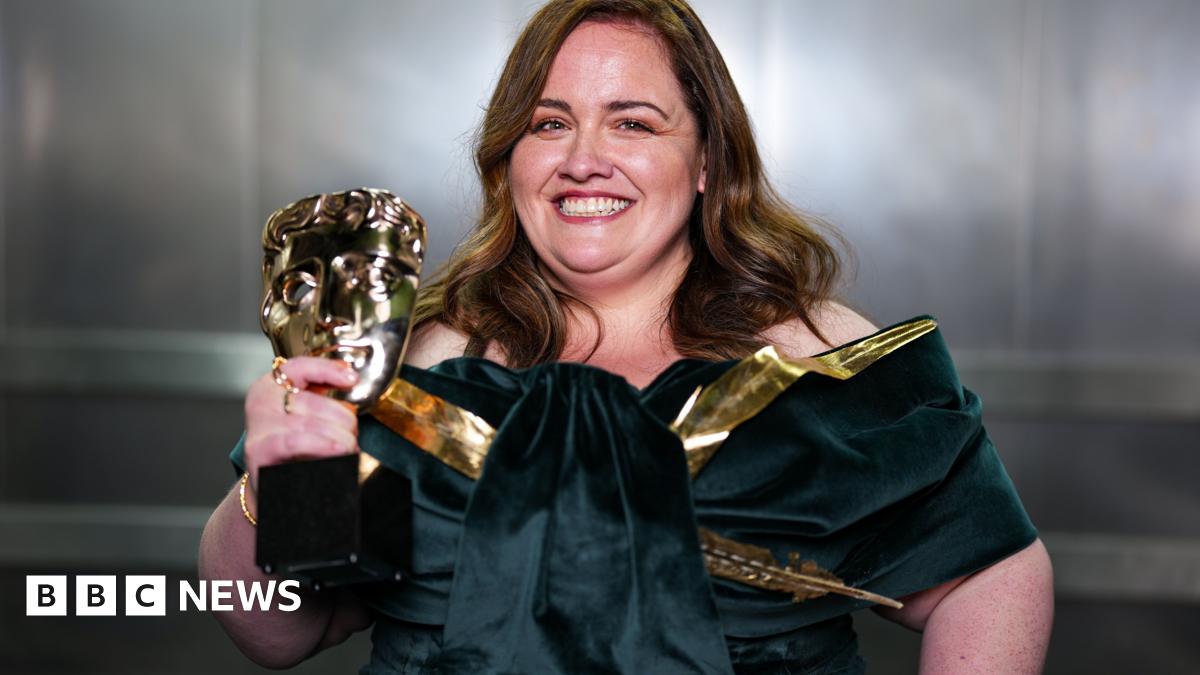Filming such an intense drama has given Gadd and Gunning a “unique bond” the actress says.
“We always checked in with each other and the producers and director made sure everything felt safe and considered.”
Baby Reindeer started life as a stage…

Filming such an intense drama has given Gadd and Gunning a “unique bond” the actress says.
“We always checked in with each other and the producers and director made sure everything felt safe and considered.”
Baby Reindeer started life as a stage…